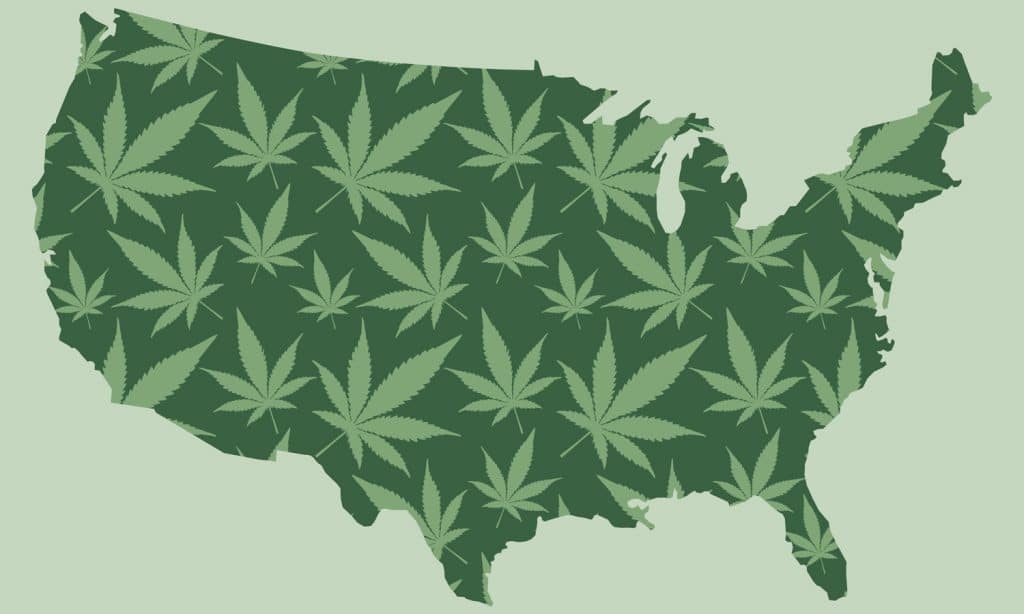
Marijuana legalization versus decriminalization
Over 40 states have some form of legal weed – either purely recreational marijuana or some form of medical marijuana. Plus, almost 90% of the country believes it should be legal in some form. But there is confusion about decriminalization. What is the difference between marijuana legalization and decriminalization and what impact does it have on consumers?
But if there's one confusion today about the methods of marijuana reform this country has been experimenting with, it's precisely the difference between legalization and decriminalization. And which is better in terms of longevity and public health and safety?
Photo by RobinOlimb/Getty Images
When a state legalizes marijuana, it is actually eliminating the laws associated with the possession and personal use of cannabis. This means that people (typically adults age 21 and older) can no longer be punished by the county, city, or state for most marijuana-related crimes.
These laws often include weight restrictions that allow adults to maintain a certain weight without getting into trouble. In many cases, these laws also allow adults to grow at home. Depending on the state, the regulations essentially give adults the freedom to grow a certain number of plants in their home (or outside their yard) for personal use.
RELATED: Most Popular Marijuana Flavors
Legalization also gives the state government the power to establish a taxed and regulated market that allows marijuana consumers to purchase cannabis products at retail stores. Normally, the state gives municipalities the freedom to decide whether they want to supply cannabis stores or not. Just think of marijuana legalization in terms of how the alcohol trade works. Alcohol is completely legal and adults 21 and over can purchase it at liquor stores and other licensed retailers. But there are still some “dry” counties in parts of the country. Marijuana is no different.
State and local jurisdictions also benefit from the legalization model, collecting all the tax revenue for road construction, schools and combating drug addiction. It turns out that cannabis revenue is more valuable than alcohol or tobacco revenue.
 Photo by RobinOlimb/Getty Images
Photo by RobinOlimb/Getty Images
However, decriminalization is a different matter. These laws essentially allow low-level marijuana offenders to avoid prison and criminal charges. The rules are only slightly less restrictive than in a full ban regime and there is no retail market. Anyone caught in a place where decriminalization is in effect can face a small fine (usually between $50 and $200) and may have to appear in court. It just depends on the state or local authorities. However, as long as the obsession is minor, there is never a situation where an abuser has to worry about ending up in prison. lose their vehicle or dealing with a criminal record.
RELATED: Will Legalizing Marijuana Help or Hurt Americans? Weighing the statistical evidence
However, if you go over the possession limit, it's a completely different story. Think of decriminalization as a seatbelt violation. It's still against the law to drive around without a seatbelt, but the police won't handcuff you for it. They will give you a summons and tell you to be careful and move on. But don't expect to keep your weed. The police usually confiscate it, even if it is decriminalized. After all, marijuana possession isn't legal, it's just not a crime. Several states and cities have gone this route instead of having a fully legal system.
As HHD, FDA, and the DEA consider rescheduling, the classification of marijuana at the national and state levels will be further distorted.

Post a comment: